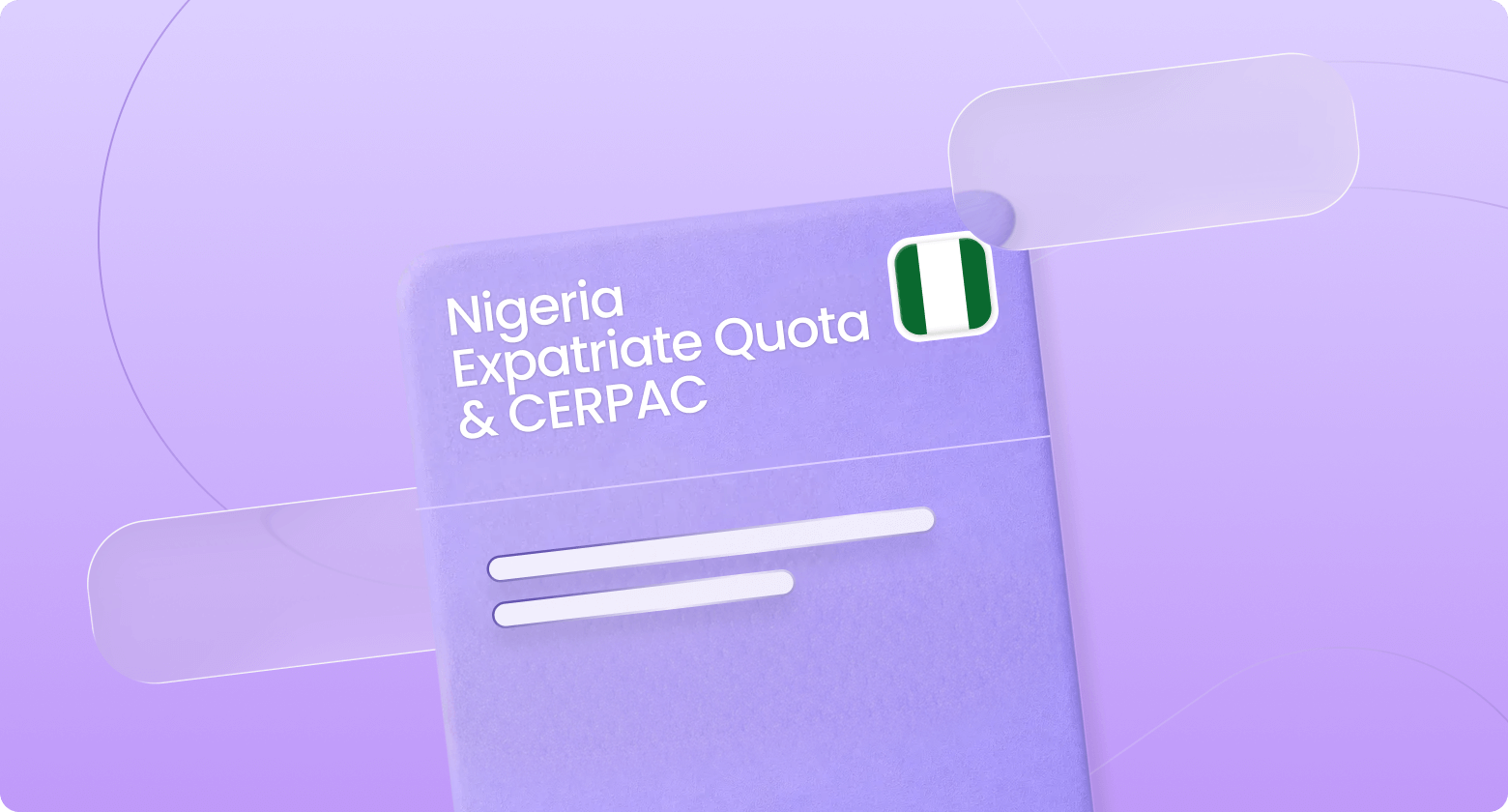Copied to Clipboard
Ready to get Started?


Key Takeaways
Industry-Specific Compliance
- Does your industry have complex regulatory requirements?
- Can the PEO demonstrate expertise in your specific industry regulations?
Yes: If your industry has complex compliance needs and the PEO shows expertise, it's a strong indication that a PEO could streamline your regulatory challenges.
No: If the PEO lacks specific knowledge about your industry, it might not be the best fit for handling your compliance requirements.
Workforce Size
- Do you have a mid to large-sized workforce?
- Would the economies of scale offered by a PEO provide significant cost benefits for your business?
Yes: A mid to large-sized workforce generally benefits more from a PEO’s economies of scale, potentially offering significant cost benefits.
No: For very small businesses, the cost might outweigh the benefits unless the PEO offers unique solutions that are particularly advantageous.
HR Needs and Complexity
- Does your business have diverse and intricate HR needs?
- Are you looking for comprehensive HR management solutions that include payroll, benefits administration, and compliance management?
Yes: Businesses with complex HR needs across various functions are ideal candidates for PEO services, which can offer comprehensive and integrated HR solutions.
No: If your HR needs are simple or minimal, a PEO might be an unnecessary expense.
Company Growth Path
- Is your company in growth phase?
- Do you require HR support that scales with your business, facilitating expansion without the administrative burden?
Yes: If you're scaling rapidly, a PEO can provide the necessary HR infrastructure to support growth without the proportional increase in HR overhead.
No: Stable companies with little growth may not need the scalable solutions a PEO provides.
Local vs. Global Operations
- Do you need support managing employees both domestically and internationally?
- Does the PEO offer services that align with your geographical footprint?
Yes: Companies with both domestic and international operations will find PEOs particularly beneficial if they offer global HR support.
No: Businesses operating solely locally with no plans to expand might not fully utilize a PEO’s capabilities.
Cost-Benefit Analysis
- Have you compared the costs of in-house HR management versus outsourcing to a PEO?
- Does the PEO offer a clear advantage in terms of cost savings and resource allocation?
Yes: If analysis shows clear cost savings and efficiency gains with a PEO, it suggests a good financial decision.
No: If the costs are comparable or higher, reassess whether the additional services provided by the PEO justify the expense.
Control and Flexibility
- Are you comfortable sharing control over HR operations?
- Does the PEO arrangement provide the flexibility your business needs?
Yes: Comfort with shared control and a need for operational flexibility suggest a PEO could integrate well into your business model.
No: Preference for full control over all HR aspects might lean away from a PEO arrangement.
Technology and Integrations
- Does the PEO provide technology solutions that integrate smoothly with your existing systems?
- Can they manage all your employees through a unified platform?
Yes: If the PEO offers technology that aligns and integrates with your systems, enhancing workflow and data management.
No: Incompatibility in systems can lead to inefficiencies, making the PEO less desirable.
Long-Term Strategic Goals
- Does partnering with a PEO align with your long-term strategic goals?
- Can the PEO adapt to your evolving business needs?
Yes: Alignment of PEO services with your long-term goals indicates a strategic partnership can be formed.
No: If a PEO doesn't support or enhance your strategic objectives, it might not be the right time or fit.
Employee Experience
- Will partnering with a PEO improve the overall experience for your employees?
- Does the PEO offer competitive benefits that can help attract and retain top talent?
Yes: If a PEO can improve the employee experience significantly, it can help in attracting and retaining talent, enhancing overall business performance.
No: If the benefits offered don’t markedly enhance employee satisfaction or recruitment, the value added by a PEO may be limited.
Evaluate your "Yes" responses: If most of your answers are "Yes", partnering with a PEO could significantly benefit your operations and help manage HR more effectively. A majority of "No" responses might indicate that your business might not yet be ready or suited for a PEO, or specific adjustments are needed before considering such a partnership. This systematic approach helps you make a well-informed decision based on your specific business needs and circumstances.
If you've determined you don't need a PEO, but still need support for global expansion, you might want to consider an EOR. Read more: Employer of Record vs. PEO: What's the Difference?
.svg)
.svg)
.svg)

.svg)
.svg)




.png)

.svg)















.svg)